Resources

Between promise and practice: The role of carbon standards in community engagement in land-based offset projects in Indonesia and Madagascar
This working paper, authored by several Land Matrix members, raises concerns about the adverse impacts land-intensive, nature-based solutions - although central to the voluntary carbon market (VCM) - may have on vulnerable communities. This research examines the regulatory scope of leading carbon standards and their implementation in offset projects in …

Case brief: Balancing progress and rights — land acquisition in the context of renewable energy in Nepal
Despite Nepal possessing immense renewable energy potential, its persistent energy scarcity stems from its heavy reliance on traditional biomass and imported fossil fuels. For instance, hydropower accounts for only 3.5% of the total energy mix, with just 2% being harnessed as an energy source, even though the country’s projected capacity …
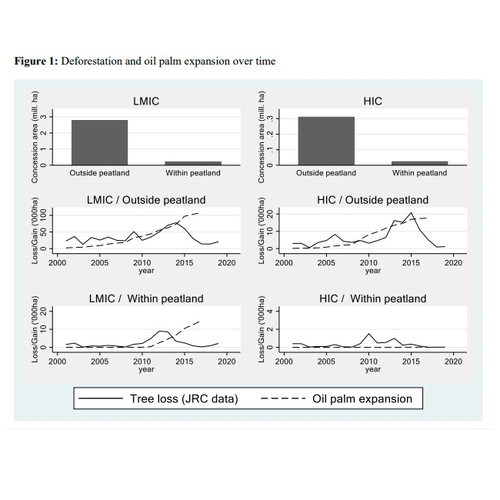
Can ‘western’ initiatives for sustainable supply chains save tropical peatlands? Evidence from the Indonesian palm oil sector
Despite the numerous initiatives for sustainable agricultural supply chains in high-income countries (HIC), there is little evidence on whether these initiatives effectively reduce environmental degradation in tropical cultivation areas. This paper, presented by the Land Matrix Initiative's Christoph Kubitza and Jann Lay at the 2024 World Bank Land Conference in …

Labour displacement in agriculture: Evidence from oil palm expansion in Indonesia
Authors: Christoph Kubitza, Vijesh V. Krishna, Stephan Klasen, Thomas Kopp, Nunung Nuryartono and Matin Qaim
Published: 2024
Source: Land Economics
This research by Land Matrix partner GIGA analyses the labour market effects of oil palm cultivation among smallholder farmers in Indonesia. Oil palm requires less labour per unit of …
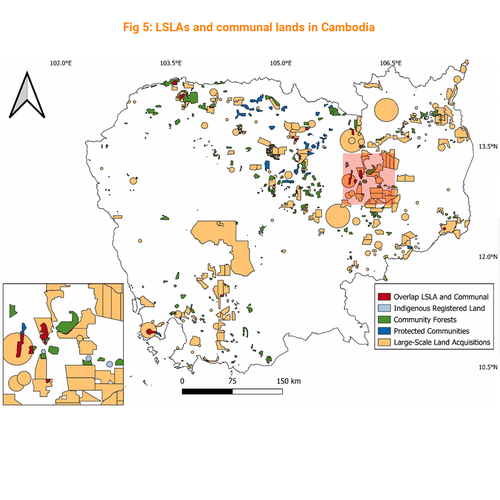
Large-scale acquisitions of communal land in the Global South: Assessing the risks and formulating policy recommendations
Authors: Jorge A. Rincón Barajas, Christoph Kubitza and Jann Lay
Published: 2024
Source: Land Use Policy
This research by Land Matrix partner GIGA conceptualises and empirically assesses the socioeconomic and environmental risks of large-scale land acquisitions (LSLAs) for communal lands in the Global South. These risks include the displacement …
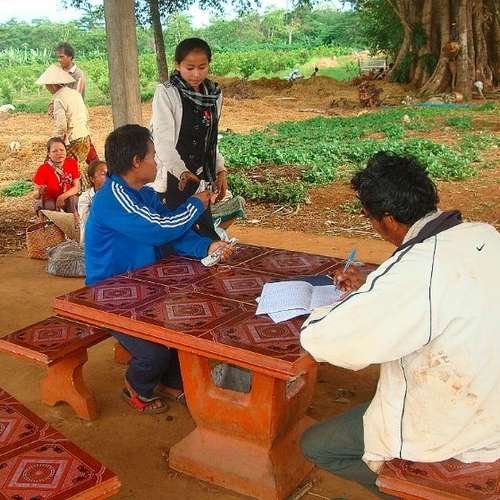
Land deals increase income, but not well-being: The case of Lao PDR
Source: Centre for Development and Environment (CDE), University of Bern
Published: 2022
Much arable land in developing countries is inefficiently managed or lies fallow: Since this became the accepted, World Bank-endorsed narrative in 2008, it has shaped the agricultural policies of many developing countries. At the same time, it …
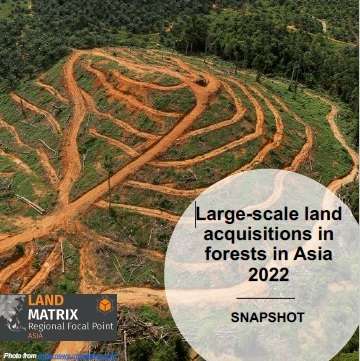
Snapshot: Large-scale land acquisitions in forests in Asia 2022
Large-scale land acquisitions (LSLAs) in forests bring considerable economic, social and environmental impacts to communities in Asia. As the regional focal point of the Land Matrix Initiative (LMI) in Asia, the Asian Farmers Association for Sustainable Rural Development has recorded 1,009 LSLAs in the region, of which 40% are intended …
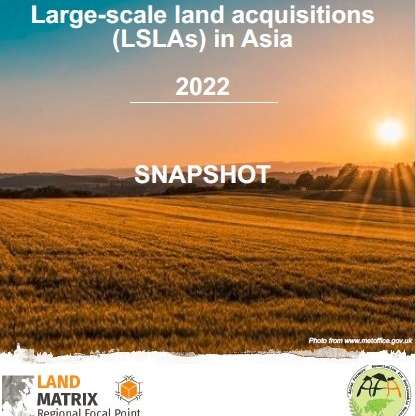
Snapshot: Large-scale land acquisitions (LSLAs) in Asia
Landlessness and lack of secure access to and tenure over land, water, and forest resources have been identified as one of the priority issues by many farmer organisations in Asia. As this continues to be a major problem for small-scale farmers, LSLAs have become a serious threat to their livelihoods. …
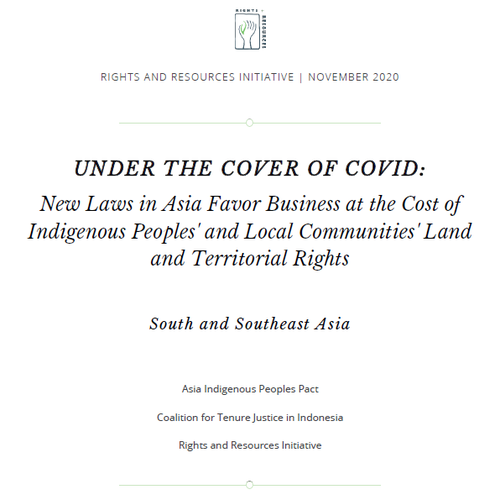
UNDER THE COVER OF COVID: New Laws in Asia Favor Business at the Cost of Indigenous Peoples’ and Local Communities’ Land and Territorial Rights
This brief, published by the Asia Indigenous Peoples Pact, Coalition for Tenure Justice in Indonesia, and the Rights and Resources Initiative, discusses legislative developments during COVID-19 in India, Indonesia, and the Philippines that undermine sustainable human-environment interactions and Indigenous Peoples' and Local Communities' broader enjoyment of their rights over their …
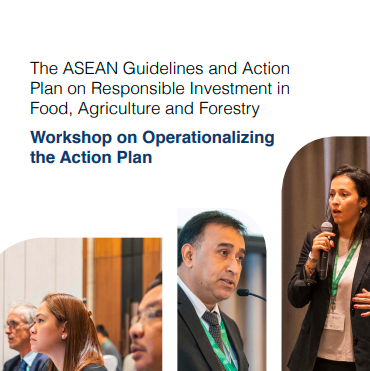
Outcome Report: Workshop on operationalizing the Action Plan for the ASEAN RAI
The ASEAN Guidelines and Action Plan on Responsible Investment in Food, Agriculture and Forestry workshop, held from 30-31 July 2019 in Bangkok, Thailand, brought together more than 60 participants from ASEAN governments, the global and regional private sector, civil society organizations, farmer organizations and other key stakeholders. The aim of …
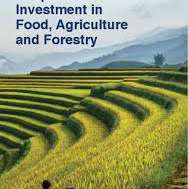
The ASEAN Guidelines on Promoting Responsible Investment in Food, Agriculture and Forestry
The primary purpose of the ASEAN Guidelines on Promoting Responsible Investment in Food, Agriculture and Forestry ('ASEAN RAI') is to promote investment in food, agriculture and forestry in the ASEAN region that contributes to regional economic development, food and nutrition security, food safety and equitable benefits, as well as the …
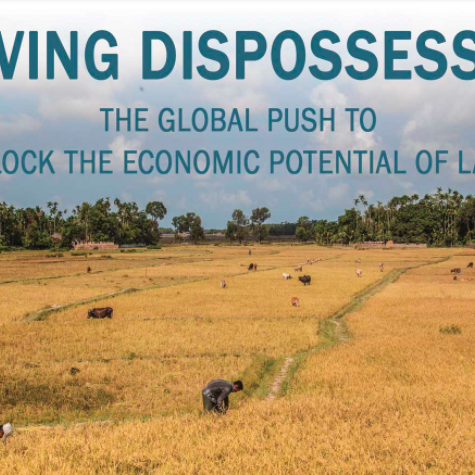
Driving dispossession: The global push to “unlock the economic potential of land”
Authors: Frédéric Mousseau, Andy Currier, Elizabeth Fraser, and Jessie Green
Published: 2020
Source: The Oakland Institute
Driving Dispossession: The Global Push to “Unlock the Economic Potential of Land,” sounds the alarm on the unprecedented wave of privatization of natural resources that is underway around the world. Through six case …
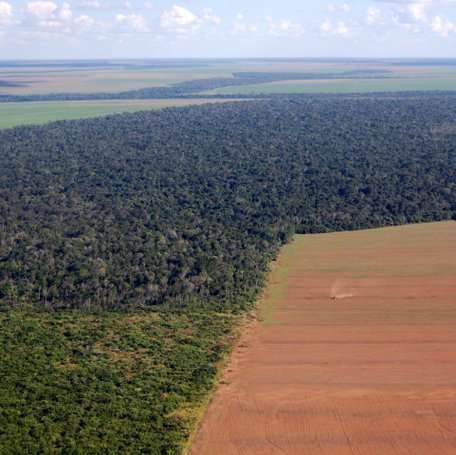
Tropical forest loss enhanced by large-scale land acquisitions
Authors: Davis, K.F., Koo, H.I., Dell’Angelo, J. et al.
Published: 2020
Source: Nature Geoscience
Tropical forests are vital for global biodiversity, carbon storage and local livelihoods, yet they are increasingly under threat from human activities. Large-scale land acquisitions have emerged as an important mechanism linking global resource …
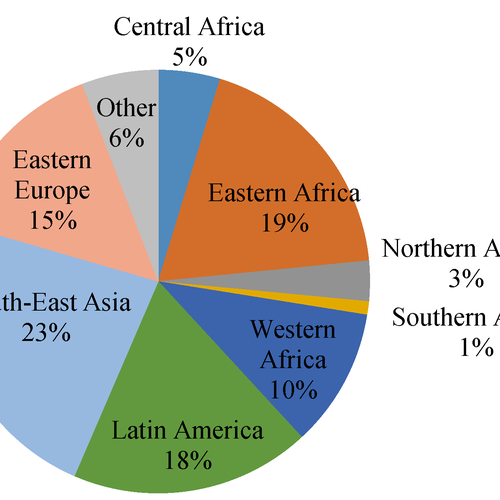
Land inequality and economic growth: A meta-analysis
Authors: Maria Cipollina, Nadia Cuffaro and Giovanna D’Agostino
Published: 2018
Source: Sustainability, MDPI
Increasing commercial pressure on land may lead to land concentration in developing countries, especially in the context of complex systems of property rights. In this article we review through meta-analysis (MA) the econometric findings of …